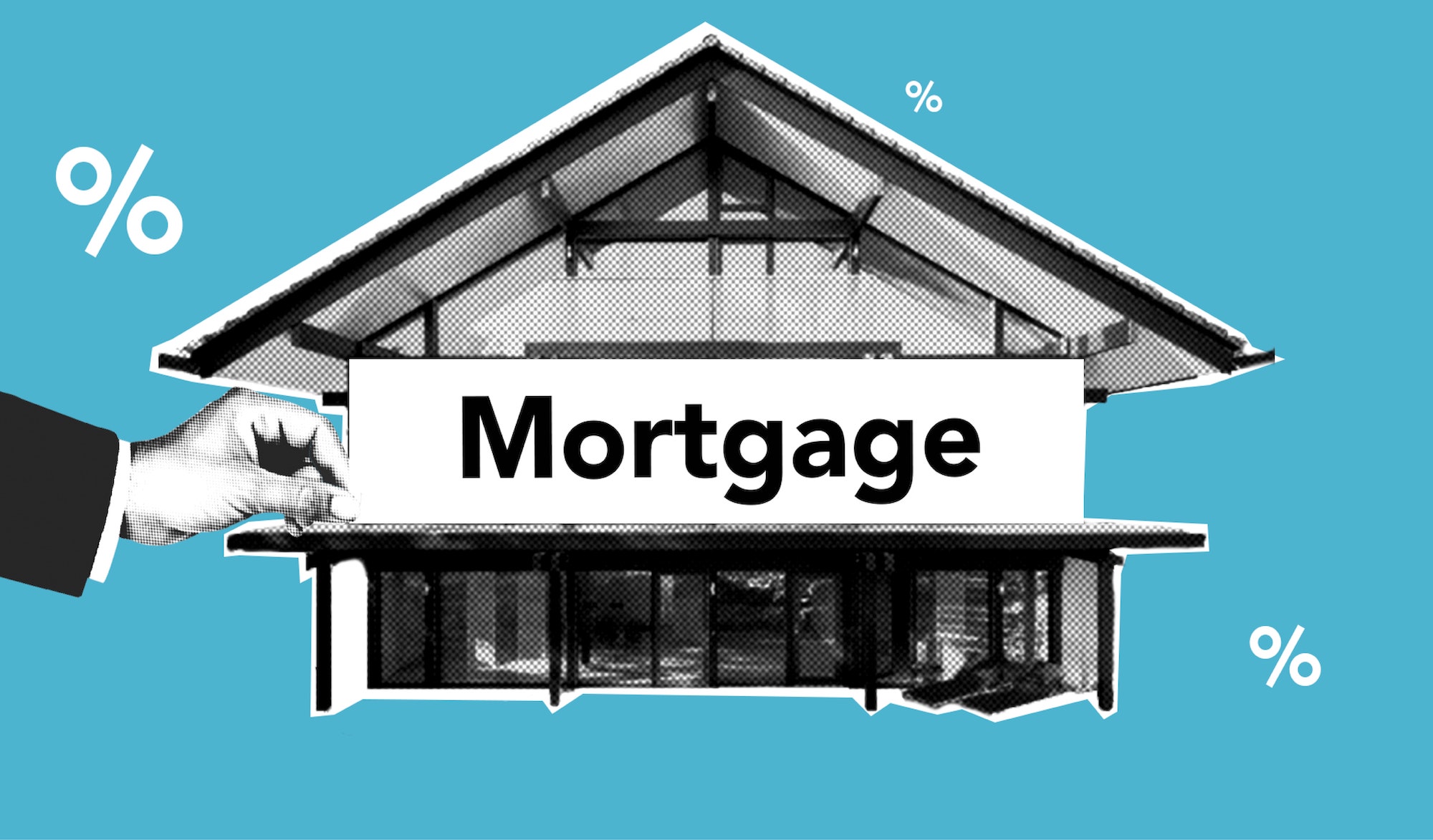Almost eight in 10 (78%) UK SMEs are either “confident” or “very confident” their business will experience a boost in trade over the next three months now that most pandemic restrictions have eased, a new study from Recognise Bank has found.
The research suggested that companies are looking at their funding options as they invest for growth in their businesses over the coming months.
Recognise Bank’s findings, based on a nationally representative sample of 500 senior decision makers in UK SMEs during August, also revealed that while the biggest proportion of SMEs will turn to their own bank for business lending, a significant number will rely on overdrafts and credit cards for borrowing.
This comes as the research also found that 14% of SMEs said their main bank can’t support their borrowing needs.
When it comes to funding their business investment plans, the number of companies turning to their bank for a loan increased slightly, at 16% compared with 15% in May when the research was last carried out. Recognise Bank also found that 15% of SMEs said they would use cash from their business surplus, which fell from 20% in May.
Recognise Bank head of corporate development, Angela Norman, commented: “It’s positive to see that the vast majority of SMEs are confident they can continue to boost their business activity now that COVID restrictions are being eased, because it has undoubtedly been a tough year and a half for many firms. That positivity is manifesting itself in terms of strong growth plans among SMEs.
“However, the number of firms turning to overdrafts and credit cards to fund this business investment is worrying as this route is likely to be much more expensive than other forms of borrowing.”
The study indicated that the use of an overdraft by SMEs to fund investment in the business rose significantly to 12% compared with 7% in May, while the use of credit cards by SMEs also increased, up to 11% compared with 8% in May.
Borrowing from an alternative lender, rather than their own bank, was the preferred choice for 6% of SMEs surveyed.
Furthermore, 14% of SMEs told Recognise Bank that their main bank was never able to provide the support they required for their borrowing needs, and this climbed to 20% for SME businesses within the retail sector. Just over one in ten (11%) of SMEs said they would always use an alternative lender rather than their own bank for their borrowing needs.
“The fact that 14% of SMEs feel their main business bank cannot support their borrowing needs suggests there are a lot of firms out there who need advisers to help them find a better funding solution for their business,” Norman added.
Latest News
-
Residential property transactions fall 24% month-on-month
-
Later life lending loans jump 5.1% in Q4 2025
-
Mortgage Awards 2026: Winners announced
-
FCA outlines proposals to close gaps in borrowers’ credit files
-
St. James’s Place closes 2025 with record FuM
-
Average LTV on UK mortgaged home drops to 59% – IMLA
Mortgage Advice Bureau and AI in the mortgage sector
Chief executive officer at Mortgage Advice Bureau, Peter Brodnicki, and founder and managing director at Heron Financial, Matt Coulson, joined content editor Dan McGrath to discuss how Mortgage Advice Bureau is using artificial intelligence to make advancements in the mortgage industry, the limitations of this technology and what 2026 will hold for the market
Perenna and the long-term fixed mortgage market

Content editor, Dan McGrath, spoke to head of product, proposition and distribution at Perenna, John Davison, to explore the long-term fixed mortgage market, the role that Perenna plays in this sector and the impact of the recent Autumn Budget
NEW BUILD IN FOCUS - NEW EPISODE OF THE MORTGAGE INSIDER PODCAST, OUT NOW

Figures from the National House-Building Council saw Q1 2025 register a 36% increase in new homes built across the UK compared with the same period last year, representing a striking development for the first-time buyer market. But with the higher cost of building, ongoing planning challenges and new and changing regulations, how sustainable is this growth? And what does it mean for brokers?
Does the North-South divide still exist in the UK housing market?

What do the most expensive parts of the country reveal about shifting demand? And why is the Manchester housing market now outperforming many southern counterparts?
In this episode of the Barclays Mortgage Insider Podcast, host Phil Spencer is joined by Lucian Cook, Head of Research at Savills, and Ross Jones, founder of Home Financial and Evolve Commercial Finance, to explore how regional trends are redefining the UK housing, mortgage and buy-to-let markets.
In this episode of the Barclays Mortgage Insider Podcast, host Phil Spencer is joined by Lucian Cook, Head of Research at Savills, and Ross Jones, founder of Home Financial and Evolve Commercial Finance, to explore how regional trends are redefining the UK housing, mortgage and buy-to-let markets.
© 2019 Perspective Publishing Privacy & Cookies











Recent Stories